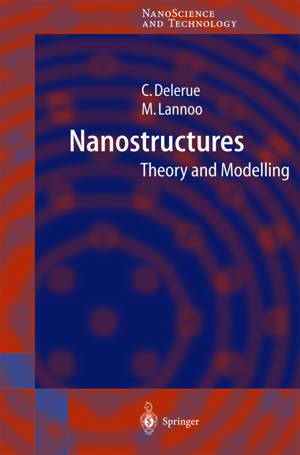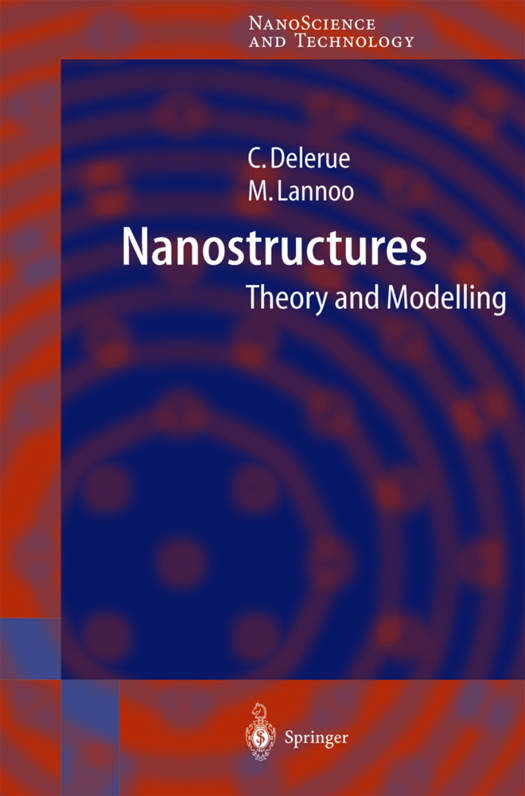
- Retrait gratuit dans votre magasin Club
- 7.000.000 titres dans notre catalogue
- Payer en toute sécurité
- Toujours un magasin près de chez vous
- Retrait gratuit dans votre magasin Club
- 7.000.0000 titres dans notre catalogue
- Payer en toute sécurité
- Toujours un magasin près de chez vous
Description
Progress in nanoscience is becoming increasingly dependent on simulation and modelling. This is due to a combination of three factors: the reduced size of nano-objects, the increasing power of computers, and the development of new theoretical methods. This book represents the first attempt to provide the theoretical background needed by physicists, engineers and students to simulate nano-devices, semiconductor quantum dots and molecular devices. It presents in a unified way the theoretical concepts, the more recent semi-empirical and ab initio methods, and their application to experiments. The topics include quantum confinement, dielectric and optical properties, non-radiative processes, defects and impurities, and quantum transport. This guidebook not only provides newcomers with an accessible overview (requiring only basic knowledge of quantum mechanics and solid-state physics) abut lso provides active researchers with practical simulation tools.
Spécifications
Parties prenantes
- Auteur(s) :
- Editeur:
Contenu
- Nombre de pages :
- 305
- Langue:
- Anglais
- Collection :
Caractéristiques
- EAN:
- 9783540206941
- Date de parution :
- 17-02-04
- Format:
- Livre relié
- Format numérique:
- Genaaid
- Dimensions :
- 156 mm x 234 mm
- Poids :
- 625 g

Les avis
Nous publions uniquement les avis qui respectent les conditions requises. Consultez nos conditions pour les avis.






